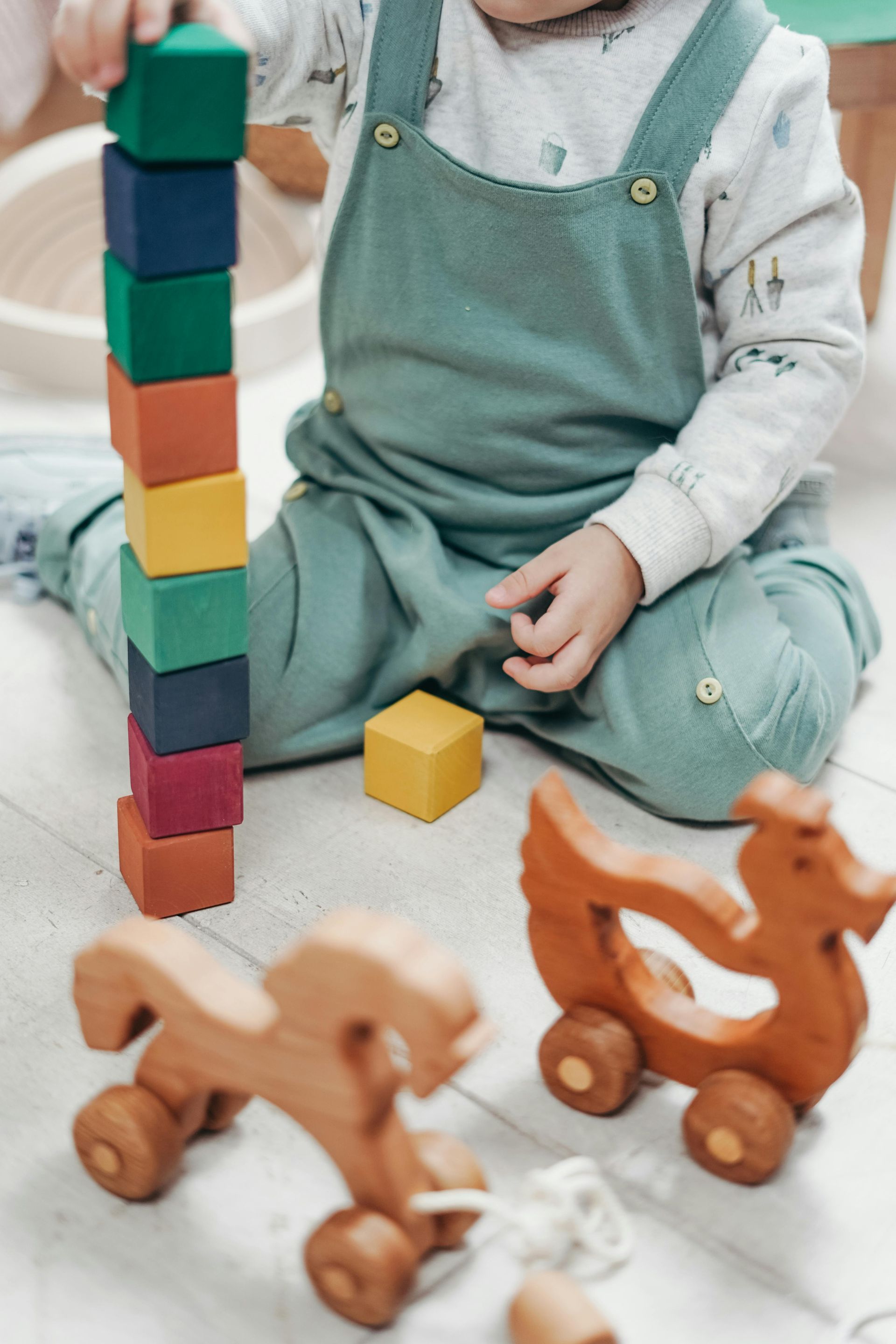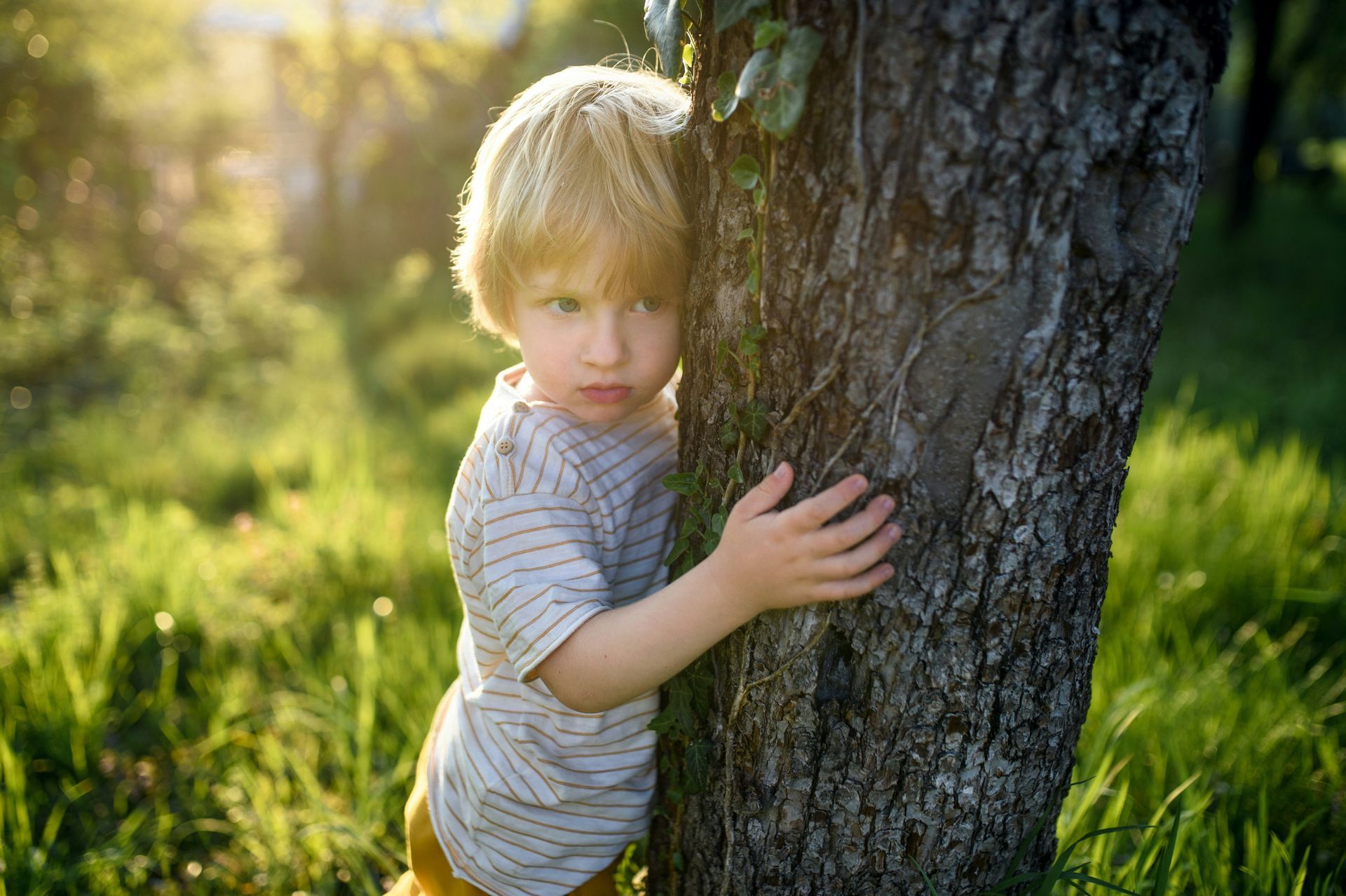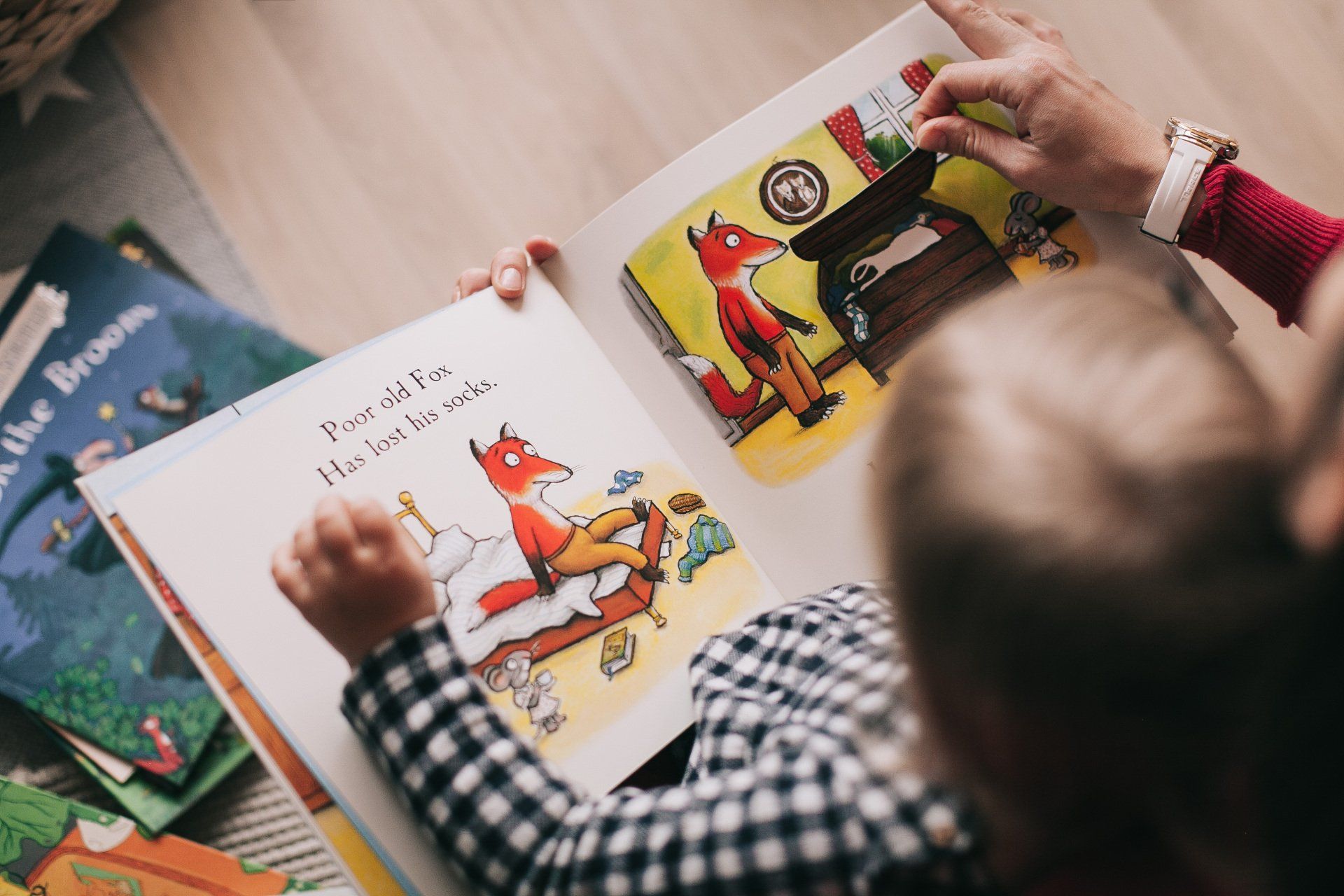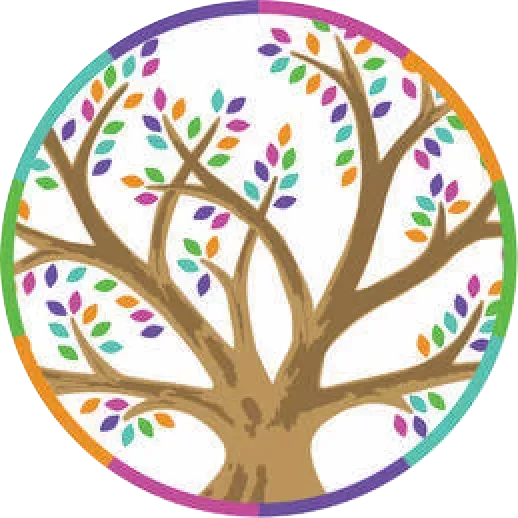By Temple Beth Or Preschool
•
November 12, 2025
No—a Jewish preschool is not only for Jewish families. At Temple Beth Or Preschool in Raleigh, NC, Jewish values show up as universal, everyday lessons like kindness, respect, community, and giving—taught in a warm, inclusive preschool environment where families of all backgrounds feel comfortable. If you’re searching “Jewish preschool Raleigh open to all,” this is exactly what many parents want: a values-based school culture that welcomes everyone. Is a Jewish preschool only for Jewish families? This is one of the most common questions parents ask when they first hear “Jewish preschool.” And it makes sense. If you’re not Jewish, you might wonder: Will we feel out of place? Will my child be expected to know prayers or Hebrew? Will the school focus on religion more than early learning? At Temple Beth Or Preschool in Raleigh, NC, the experience is simple: we are an inclusive preschool. We’re inspired by Jewish values, and we welcome families of all faiths and backgrounds. For many families, that’s the perfect combination—a school with a clear values foundation and a community-first feel, without needing to share the same religious identity to belong. To read more about who we are and the spirit of our community, visit About Us → What does “Jewish values” mean in a preschool classroom? When most parents hear “Jewish values,” they imagine something formal or unfamiliar. In reality, in a preschool setting, Jewish values look like universal character-building that all families can appreciate. Here are a few examples in plain language: Mitzvah Makers (doing good deeds) “Mitzvah” can mean a good deed—kind and thoughtful actions we choose to do. In preschool, being a Mitzvah Maker can look like helping a friend clean up, using gentle hands, inviting someone to play, or sharing materials without being asked. Tikkun Olam (making the world a better place) This is the idea of caring for the world around us. For young children, Tikkun Olam might show up in simple ways: caring for classroom materials, being gentle with nature outside, or doing a small project that helps others. Tzedakah (sharing and helping others) Tzedakah is about helping others and sharing what we have. In preschool, it might be a classroom collection for a community need or a child learning, “I can give too.” Kehillah (community and belonging) Kehillah is a sense of belonging and community. In the classroom, it means: “You belong here.” It looks like greeting each other, taking turns, helping, and learning that our classroom is a safe place to be yourself. Shabbat (slowing down and expressing gratitude together) At Temple Beth Or Preschool, Shabbat is practiced as a weekly rhythm of slowing down, coming together as a community, and expressing gratitude—often through song and dance on Friday mornings. It’s joyful, age-appropriate, and welcoming for all children. These values aren’t a lecture. They’re part of the daily rhythm—modeled by teachers, practiced in friendships, and reinforced through routines that help children feel secure. What families typically experience day-to-day at Temple Beth Or Preschool in Raleigh, NC If you’re considering an inclusive preschool with Jewish values, the best question is: “What will my child actually do each day?” At Temple Beth Or Preschool, Raleigh, NC families typically experience: Warm, predictable routines that help children feel safe Play-based learning with hands-on activities (art, stories, music, outdoor time) Teachers who guide social-emotional skills like sharing, patience, and problem-solving Classroom culture that focuses on kindness and belonging, not “perfect behavior” Celebrations and traditions that are introduced in kid-friendly ways, with context and inclusion Many families say the “values-based” part of the school isn’t something you need to understand ahead of time—you feel it in how your child is treated, how teachers communicate, and how children learn to be good humans. Will my child be excluded if we’re not Jewish? No. An inclusive preschool should make it easy for every family to participate comfortably. At Temple Beth Or Preschool in Raleigh, NC, inclusion means: Teachers explain traditions in ways young children understand Families are never expected to already “know” anything The classroom focus stays on early childhood development and community Every child’s identity and family background is treated with respect For many non-Jewish families, the experience feels less like “religious instruction” and more like a warm school culture that prioritizes character, kindness, and community. Why some families prefer a values-based preschool Parents often say they’re not just looking for “daycare.” They want their child to learn, grow, and develop strong social skills in a calm environment. A values-based preschool can help because it gives the school a shared language for what matters: “We use kind words.” “We take care of our friends.” “We help.” “We try again.” Over time, those simple messages shape how children handle frustration, friendships, and learning challenges—skills that matter just as much as letters and numbers. Questions to ask when touring a Jewish preschool as a non-Jewish family If you’re searching “Jewish preschool Raleigh open to all,” bring these questions on your tour: How do you define “open to all” in daily practice? What does Jewish values-based learning look like for a child who isn’t Jewish? What holidays or traditions are celebrated, and how are they explained to children? Are families expected to participate in religious services or activities? How do teachers support belonging for every child? What do you do if a child asks big questions (“Why do we do this?”) in class? A strong program will answer clearly, warmly, and without defensiveness. The simplest way to know if it’s a fit: come see it Reading about inclusion helps, but the real clarity comes from watching a classroom in action. You’ll see how teachers speak to children, how children treat each other, and whether the environment feels welcoming to your family. If you’re looking for a Jewish preschool in Raleigh open to all, we’d love to meet you. Schedule a tour at Temple Beth Or Preschool in Raleigh, NC.







